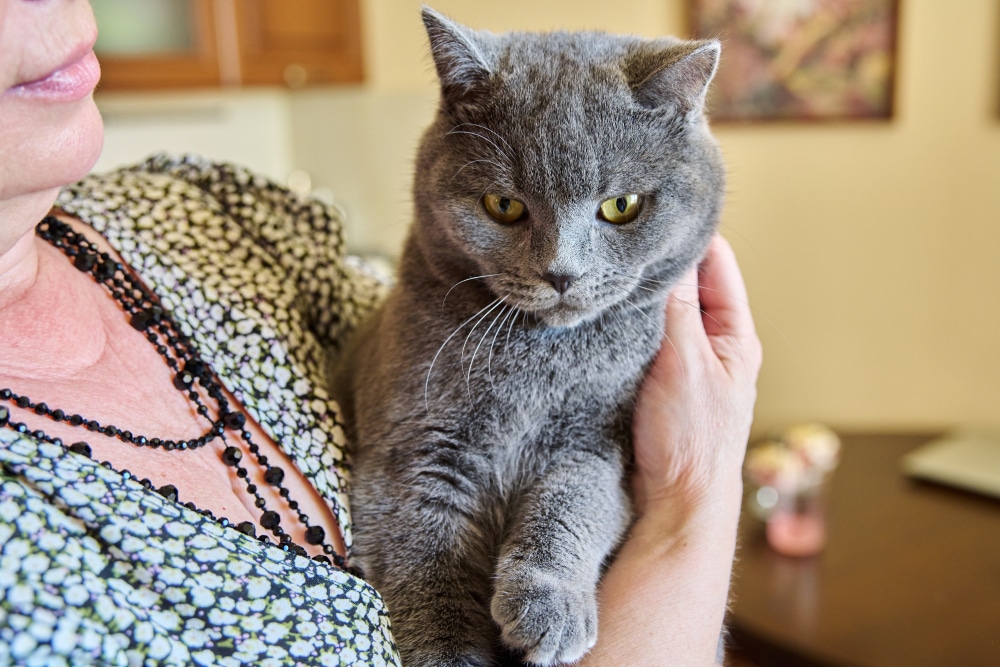Spay and Neuter Surgeries: What to Expect and Why It Matters

Spaying and neutering are vital procedures for responsible pet ownership, providing significant health benefits and contributing to animal population control. Many pet owners may feel apprehensive about these surgeries, but understanding the process and its importance can ease concerns. Besides the health advantages for individual pets, spaying and neutering also have a broader impact on community animal welfare. By understanding these facets, pet owners can make well-informed decisions that promote the health and happiness of their furry companions, ultimately leading to a healthier, more balanced ecosystem for all.
Understanding Spay and Neuter Surgeries
Spaying and neutering are common surgical procedures that provide lifelong benefits to pets. Spaying, the removal of a female pet’s ovaries and uterus, and neutering, the removal of a male pet’s testicles, are both relatively straightforward surgeries performed by veterinarians.
The typical surgical procedure includes several steps:
- Pre-surgical evaluation: A thorough health check to ensure the pet is fit for surgery.
- Anesthesia administration: To keep the pet pain-free and still during the operation.
- The surgical process: For females, this involves making an incision in the abdomen to remove the ovaries and uterus. For males, a small incision is made near the scrotum to remove the testicles.
- Post-operative care: Monitoring the pet as they wake from anesthesia and providing pain relief.
Recovery from these procedures generally involves a few days of rest and restricted activity. Most pets recover quickly and resume normal behavior within a week. It is essential to follow post-operative care instructions to ensure a smooth recovery. This includes keeping the surgical site clean and dry, preventing the pet from licking or scratching the area, and administering any prescribed medications.
Health Benefits of Spaying and Neutering
Spaying and neutering offer numerous health benefits that can lead to longer, healthier lives for pets. These procedures significantly reduce the risk of several serious health conditions.
For females:
- Prevention of uterine infections (pyometra): This condition can be life-threatening and often requires emergency surgery.
- Reduction of breast cancer risk: Spaying before the first heat cycle greatly diminishes the likelihood of developing mammary tumors, which are often malignant.
For males:
- Elimination of testicular cancer risk: Neutering completely prevents this common cancer in male pets.
- Reduction of prostate issues: Neutering reduces the risk of benign prostatic hyperplasia and prostate infections.
Additionally, spaying and neutering can mitigate or eliminate undesirable behaviors associated with the mating instinct. Neutered males are less likely to roam, which reduces the risk of accidents and fights. They are also less likely to exhibit aggressive behaviors and territorial marking. Spayed females will not go into heat, avoiding the associated behaviors such as yowling, restlessness, and the attraction of male animals.
Overall, spaying and neutering contribute to a calmer, more manageable pet. These health benefits underscore the importance of these procedures in promoting a higher quality of life for pets.
The Importance of Population Control
One of the most significant benefits of spaying and neutering is the control of the pet population. Pet overpopulation is a serious issue, with millions of animals ending up in shelters every year. Many of these animals are euthanized due to the lack of available homes. By spaying and neutering pets, owners can help reduce the number of unwanted litters, thereby preventing more animals from entering shelters.
Preventing unwanted litters:
- Reduces the number of stray animals: Stray animals are at risk of disease, starvation, and injury.
- Decreases shelter intake: Fewer animals entering shelters means more resources for those in need.
Community benefits:
- Lower euthanasia rates: With fewer animals needing homes, shelters can focus on finding permanent homes for the animals they have.
- Reduced spread of diseases: Spaying and neutering can help control the spread of diseases, such as rabies and feline leukemia, that stray animals can carry.
Moreover, controlling the pet population has economic benefits. Local governments and communities spend millions of dollars annually on animal control services and sheltering. By reducing the number of stray and unwanted animals, these costs can be significantly lowered, allowing funds to be allocated to other vital community services.
Spaying and neutering not only improve the lives of individual pets but also enhance the well-being of the community as a whole. Understanding and addressing the issue of pet overpopulation is crucial for creating a healthier and more humane environment for all animals.
Promoting Health and Community Well-being
Spaying and neutering are critical steps in ensuring the health and happiness of pets in Mondovi, Eau Claire, and surrounding areas. These procedures not only prevent serious health issues and unwanted behaviors but also play a significant role in controlling the pet population, benefiting the entire community. By choosing to spay or neuter your pet, you are contributing to a healthier environment for all animals and helping to reduce the strain on local shelters.
Take the next step in responsible pet ownership by scheduling an appointment with All Paws Animal Hospital. Our expert veterinarians are dedicated to providing the best care for your furry companions. Book an appointment today to ensure your pet’s health and well-being.

